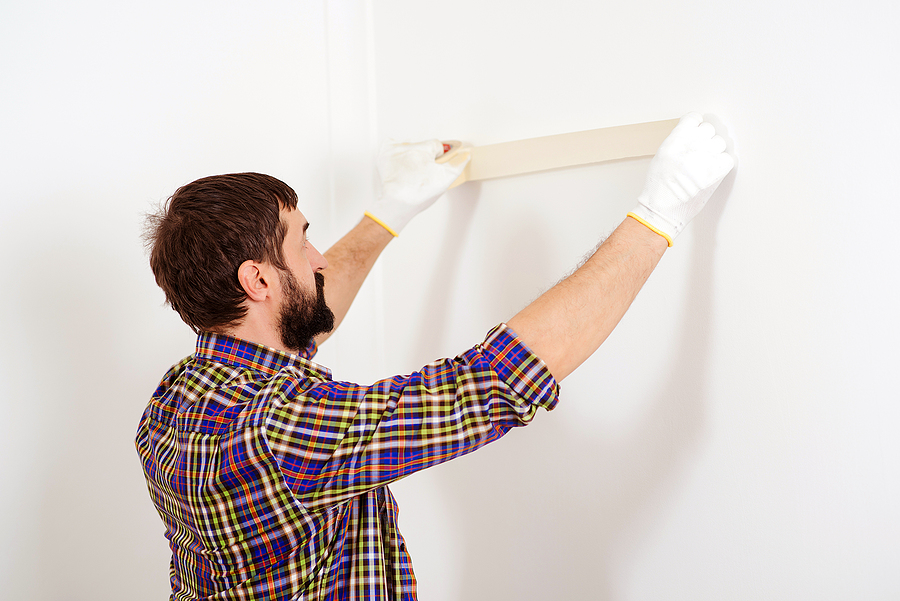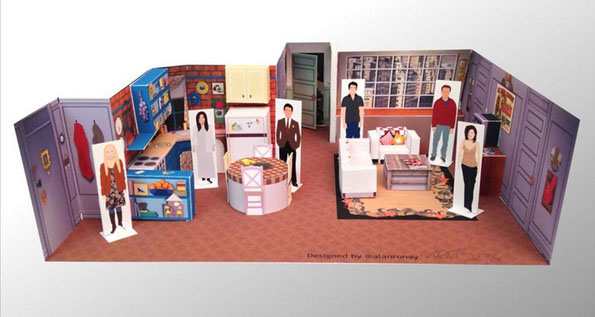Planning a house remodelling can be very stressful, especially if you want to do it yourself. Everything needs to be done wisely – choosing the contractors, setting up a budget, buying materials and furniture.
Thankfully, nowadays, you don’t need to go physically to the store to buy furniture. You can do it online from home (or anywhere). For example, here you will find things for the bathroom (https://www.renovatorstore.com.au/bathroom.html) – quick, easy and usually cheaper than in regular stores. It definitely makes the renovation process less stressful.
However, this is just one thing. Below you will find some tips on how to plan a DIY home remodelling. So without further ado – let’s get to it!
Know What and How Long
The first, and probably the most important thing is knowing what exactly you want to change in your house. Do you want to remodel the bathroom, or maybe you are going all the way and changing the whole house? Decide what you want to do, and create a list of things that need to be done in each of the rooms you choose to remodel. Write down everything – you can erase some of the ideas later on.
This will give you a clear view of what has to be done and will help in estimating a timeline – which things need to be done before others. But remember that it’s just a draft, a prediction and can change depending on several factors.
GC or no GC? That’s the question
Hiring a GC, also known as General Contractor, can be expensive. That’s why it’s essential to know if you need it, or if you can supervise the renovation by yourself. If you are planning a significant remodelling, then it’s better to hire one, of course, if you can afford it.
It will definitely make your life easier, as he will be the one to find plumbers, electricians like https://kingfisherelectrics.co.uk/, etc. and scheduling their work. He will also keep people on track so that they would meet all the deadlines. If you are a very organized person, then hiring a GC might be an unnecessary cost.
If you decide to hire one, you can ask people around you who also had renovations – your friends, family members or neighbours – who would they recommend.
Compare the Pricing
Just like every store has its own pricing, so does every contractor. So make a list of potential contractors and schedule an interview with them. Ask them about their pricing so that you will have an idea about how much it will cost, and who is offering the best deal.
Follow your gut. If you don’t have a good feeling about someone, don’t hire them. In the end, you will need to work with them, and if you don’t have a good relationship, it might become difficult. There are so many available on the market right now that nothing will happen if you don’t hire someone – there will always be a new person with a similar offer.
Set a Budget
After you have a clear view of how much everything will cost, you can start setting a budget. Even if you know your budget already (because that’s how much you have saved), it’s still essential to distribute it correctly. Make sure that everything that needs to be done is within your budget.
If the expenses are higher than your budget, you should eliminate some things from your list. Since the list you wrote in the beginning is basically the ‘dream-list’ it shouldn’t be too hard to cross out things that you want, but don’t really need.
When creating a budget, it’s good to make a spreadsheet with all the prices. Make sure to add everything into it, like labour or materials. Also, leave around 10% of your budget for any unexpected expenses – you never know what could happen, and it’s good to have some emergency money just in case. For example, one of the things homeowners forget the most is to include a budget to hire New Kensington dumpsters after a renovation. This means having an extra budget pays off what you lack in the planning process
If you hired a contractor, be aware of what materials will be provided by them. It’s usually going to be the building materials, but asking will not hurt and can save you a lot of money.
Make Sure Nothing Else Gets Damaged
Before starting any demolition talk to the contractor if you hired one so that it will be clear for them which parts of the house should remain untouched. Protect carefully floors or walls that are not going under renovation.
Bur renovation is also an excellent opportunity to clean everything that you don’t need. Do you have some pots which are already over the hill? Or maybe you have a closet full of clothes that you never wear? Now is the perfect time to get rid of them. Remember – sometimes less is more.
Conclusion
Preparing for a DIY home remodelling is definitely not easy, even though the results are definitely worth the pain. Following the tips listed above should help you in reducing the amount of stress you feel during the entire process of renovation.
Image Source: BigStock.com (licensed)
Related Categories: Home, Reviews








